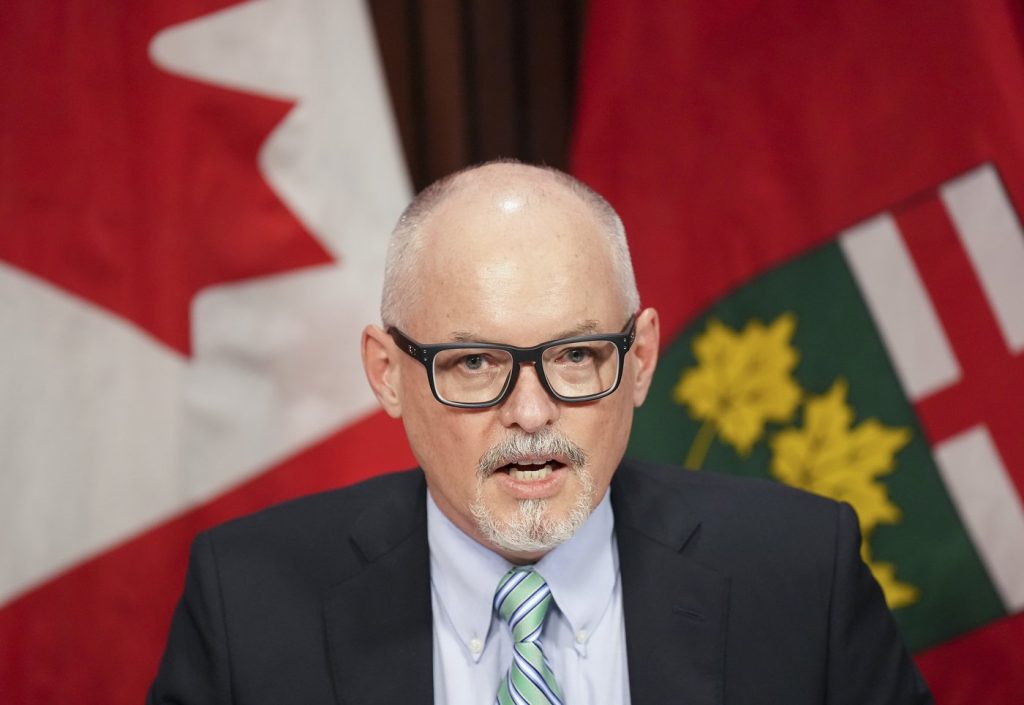‘This isn’t over yet:’ Rallies held in support of education workers across Ontario
Posted Nov 13, 2022 01:00:00 AM.
A dozen rallies were held across the province on Saturday, N0v. 12 in support of education workers as talks aimed a getting a new agreement continued.
Dubbed 'Solidarity Saturday', labour leaders and allies gathered outside the constituency offices of several government MPPs, including Premier Doug Ford and Education Minister Stephen Lecce.
The demonstrations come as the union representing 55,000 education workers and negotiators for the province continued to talk, five days after Ford promised to repeal legislation that imposed a contract on them if they agreed to end their walkout. The two sides returned to bargaining on Tuesday.
The province says legislation to repeal Bill 28 will be tabled at Queen’s Park on Nov. 14.
The Canadian Union of Public Employees (CUPE) says the purpose of the pressure campaign is to remind the province while they may have called off their job action and returned to the bargaining table, this isn’t over yet.
“We still have not officially seen the repeal of Bill 28 and we still don’t have a good collective agreement for education workers who deserve wages that will allow them to keep pace with inflation, who deserve money put back into the system so there are more of them to deliver the services our kids need to succeed in our schools,” CUPE Ontario president Fred Hahn said while attending one of the rallies.
Hahn confirmed the two sides are currently at the table, and while the union has said it would not comment on the talks while in mediation, he did characterize negotiations as “moving slowly.”
“We’re trying to get better wages, living wages,” said Kathleen Herzuk, an education assistant who was demonstrating outside Doug Ford’s constituency office. “A lot of people have to have second jobs just to make ends meet.”
The government tabled what they called an “improved offer” earlier in the week with reports suggesting it contained a two-tier wage increase – 3.5 per cent for the lowest paid workers and almost two per cent for higher paid workers.
While CUPE said they did not receive that specific offer, the union has remained steadfast that it wants a flat rate increase for all workers.
“In general, two tiers are bad for unions because they create internal division within bargaining,” says Larry Savage, a professor of labour studies at Brock University.
“Unions are built on solidarity so when you introduce elements to a contract that pit them against one another you really do a disservice to the union.”
Teachers unions are also negotiating new contracts with the Ford government and they are watching what happens with CUPE very closely with both the Elementary Teachers’ Federation of Ontario (ETFO) and the Ontario Secondary School Teachers’ Federation (OSSTF) expressing cautious optimism.
Whatever deal CUPE signs will likely set the template for other unions, who have seen increases capped at one per cent for the last three years.
“There’s no doubt they are going to see this next round of bargaining as a catch up round, at the very least they want to keep up with inflation,” said Savage. “That’s going to put enormous pressure on the provincial government to deliver the goods.”








